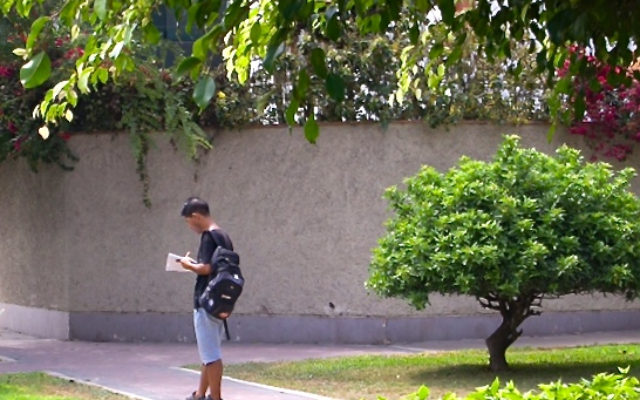Global Travel Benefits First Gen Students
Global travel has an impact on all of us. But global experiences particularly benefit first generation college students. I know this for a fact because I am a first generation college graduate. I had rarely left my home state, much less my home country, until I was 19 years old. The opportunity to venture abroad as an undergraduate, living and studying in the Czech Republic and Russia, changed the course of my life.
I discovered that my family background, which I always considered a barrier, actually had provided me with impressive intercultural competencies. I could already communicate across social class lines and understood the transition from immigrant to American. Why not take that knowledge across borders? What was perceived to be a deficit became a great benefit. I returned from my first global experience as an engaged learner, eventually completed a Ph.D. and pursued an international professional life. Yes, I firmly believe first generation students benefit from global travel and study.
I could already communicate across social class lines and understood the transition from immigrant to American. Why not take that knowledge across borders?
My own life experience is supported by research. Studies have found that formal study abroad is a “high impact educational practice” that improves student engagement, deepens learning and is “empirically linked” to desired college outcomes such as increased graduation rates. And global travel enhances intercultural competencies, a capability already apparent in many first generation students.

Study abroad opens new vistas. Tsar Peter the Great — the bronze horseman — in St. Petersburg, Russia
Colleges and universities throughout the United States are beginning to grasp the importance of study abroad experiences for first generation students, as well as accompanying financial and psychological barriers. TRIO, a federally funded program found at over 900 colleges and universities, includes global travel and study as a strategy to assist first-generation and low-income students as they navigate the college or university experience.
The U.S. Department of State offers Benjamin Gilman scholarships to encourage increased participation in study abroad by first generation students. Jay Z’s Shawn Carter Foundation recently increased its support to the Gilman scholarship program, pledging to make study abroad opportunities available for “students from diverse backgrounds.” The Institute of International Education has focused on expanding participation among first generation college students in global travel as one of its primary goals.
But too many first generation students have not experienced global travel. All too often the strains of paying for college itself prohibit first generation students from the new experiences of global travel and study. First generation students usually don’t know anyone who has studied abroad. Consequently, they don’t know how to proceed and they don’t have parents who can give them any advice.
Data collected from colleges and universities across the country indicate that most financial aid packages for first generation students cannot be used for study abroad experiences. First generation students themselves often lack the confidence to believe it is possible for them to see the world as they are already struggling to adapt to the “foreign” culture of higher education. One first generation student at the University of Denver reported, “Study abroad is something that happens to other people, people who don’t have to worry about other things.”
George J. Sanchez, vice dean for diversity and strategic initiatives at the University of Southern California frequently accompanies first generation students on study abroad programs. When he wants examples of how study abroad increases student engagement, he talks about the experience of students like Rubi Garcia. Rubi is a first-generation college student from the Watts area of Los Angeles who was able to study in Japan through a fellowship program that identifies low-income students who have overcome major obstacles to attend college.













No Comments Yet!
You can be first to comment this post!